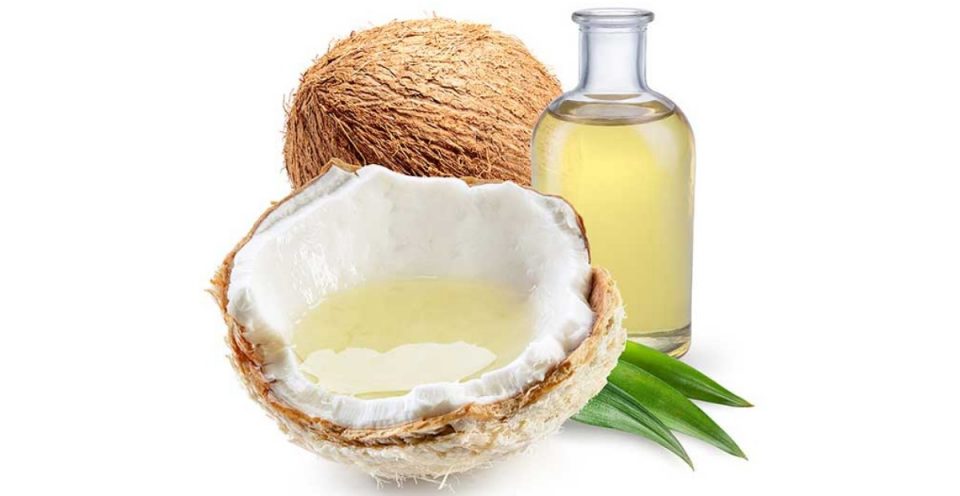Four hospitals in Yogyakarta are conducting research into the healing potential of virgin coconut oil (VCO) for COVID-19. The four hospitals are Dr. Sardjito Hospital, RSA UGM, Wonosari Hospital, and Sleman Hospital.
Pulmonology expert from UGM as well as Head of the Airborne Disease Team at Dr. Sardjito Hospital, Ika Trisawati, said that researchers in various parts of the world continue to make drug discovery efforts to support COVID-19 treatment.
One strand of the research is to look into natural or herbal ingredients, including VCO. The use of VCO in COVID-19 therapy is motivated by the content of the oil, which is known to have good antiviral properties such as lauric acid (C12) and monolaurin (ML), and their derivatives.
“VCO is a medium-chain fatty acid (MCA), containing lauric acid which is converted into monolaurin monoglyceride with an antiviral effect, by destroying the viral lipid membrane,” Ika explained.
Like soap, continued Ika, VCO works by damaging cell membranes in viruses. When the oil enters the body, it is converted into monolaurin, which damages the lipid layer in these cells when it interacts with the cell membranes.
In this way, the virus-cell membrane becomes damaged and no longer functions.
In a pilot study at these four hospitals, Ika revealed a significant (p <0.05) result was found when using VCO, which lowered TNF ? in the VCO group versus placebo. Further, there was a decrease in inflammatory markers including CR, ferritin, and IL6, although they were not statistically significant.
Other findings indicated a significant reduction in D Dimer, or protein fragments, that appear when blood clots dissolve in the body, as well as a significant reduction in ferritin (p <0.05). There was also a decrease in CRP, IL6, and procalcitonin noted, although not significantly.
“VCO can reduce inflammatory markers in COVID-19 patients, therefore, hopefully, it can prevent aggravation of the disease,” she explained.
Deputy for Supervision of Traditional Medicines, Health Supplements, and Cosmetics at the National Agency of Drug and Food Control, Reri Indriani, added that there’s an abundance of natural ingredients with more than 30,000 plant species in Indonesia.
Research data on medicines and jamu shows that of the existing plant species, 2,848 of them are medicinal plants spread across 405 ethnicities in 34 provinces.
“The potential of Indonesia’s natural ingredients provides a great opportunity to be used as herbal products, as well as standardised herbal medicines and Phyto-pharmacy, including as an adjuvant therapy for COVID-19,” she added.
The National Agency of Drug and Food Control, she continued, is accompanying herbal research related to COVID-19. So far, there have been 15 studies using natural ingredients, where two of the clinical trials have been completed.
Four studies were still in the clinical trial stage; five research studies are in the clinical trial protocol preparation stage; one study is in the pre-clinical trial phase research, and three more studies are in the pre-clinical trial protocol preparation stage.
photo courtesy tokopedia
Also Read Top Hospitals in Indonesia




